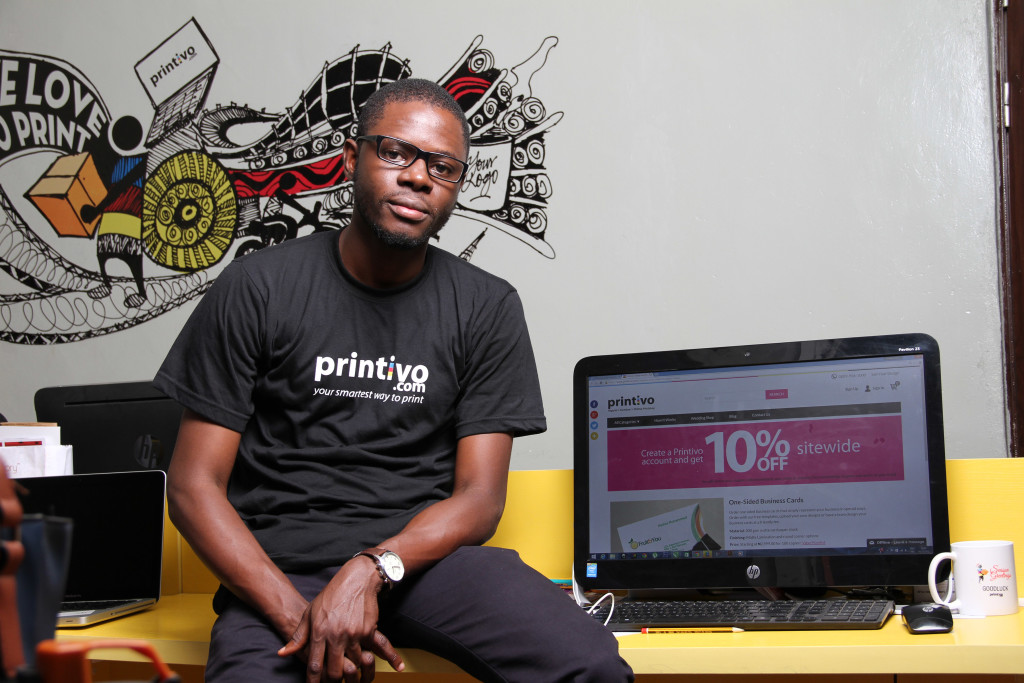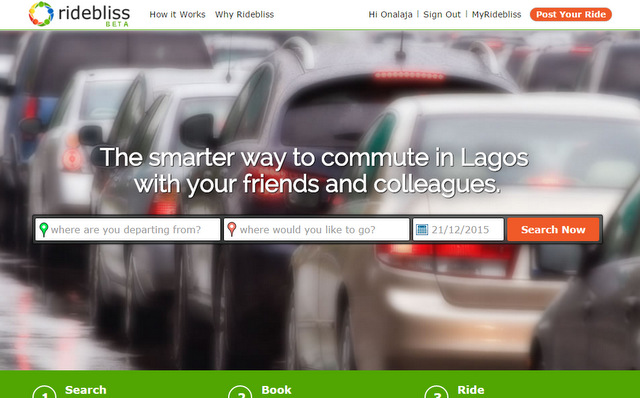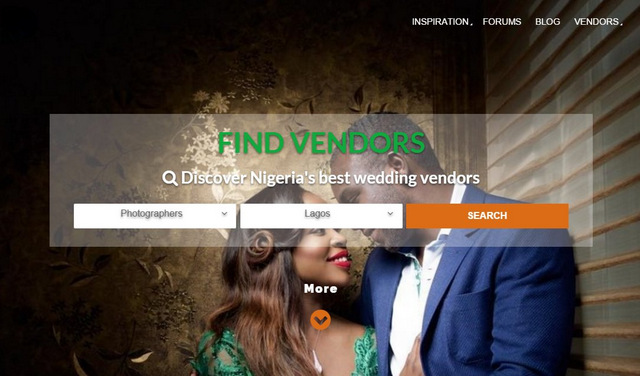Since the consumption of news began to shift from print to digital, there has been a steady decline in physical newspaper circulation. Weekday circulation dropped by over 10% between 2008 and 2010. There was another 4% drop in in 2014, all according to a journalism.org research.
With the reduction in circulation of physical newspapers and the dip in ad money that comes with that, newspapers are looking at other ways to drive revenue. One of those is the subscription model that locks news content behind paywalls.
This is not a recent trend by any stretch. As at 2011, the New York Times already set up a subscription programme. Six months after NYT set up the paywall, more than 224,000 had registered as paid subscribers. As at August 2015, the number has grown to one million subscribers.
Aside the fact most people – millennials mostly – get their stories from Facebook and Twitter these days, paywalls are not always profitable when the publisher factors the loss of online ad revenue that comes with reduced page views. A certain newspaper reportedly gained only $0.05 for every $1 dollar they lost in online ad revenue from putting up a paywall.
However, this doesn’t mean more people are not getting on the train. Earlier in 2015, PandoDaily put up a paywall, though things seem to be looking up.
And recently, I noticed the Nigerian business newspaper, Business Day, has setup a paywall. It’s the first one I have seen in Nigeria and it got me wondering how many people in Nigeria pay for new stories.
There are no comprehensive reports on the amount of people who pay for news content in the world. But in the US, the top five websites with paywalls, have a combined paid subscriber base of 1.8 million as at 2014. That’s 1.8 million people out of 277 million internet users in the US alone. Even when you add the New York Times’ 1 million subscriber figure (which wasn’t included in the 2014 figure from Journalism.org), it’s still not a lot.
I wonder how many pay for Business Day’s content, but I don’t imagine it’s a lot. For one, only the most passionate of readers choose to subscribe. In addition to that, most Business Day’s core readers in the stilted halls of Nigerian banks and investment houses on the Island already have enterprise subscriptions that deliver the physical copies to their offices every day. Why then put up a paywall, cutting off online ad money? All the best to Business Day on this one.
Photo Credit: just.Luc via Compfight cc





















